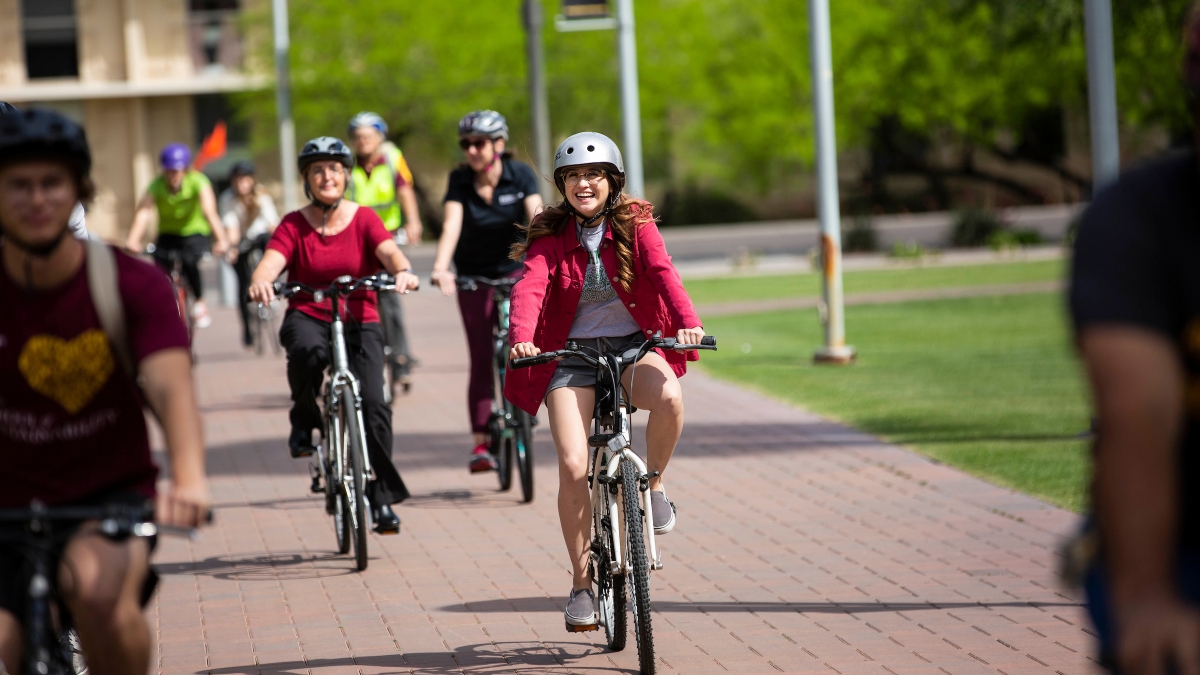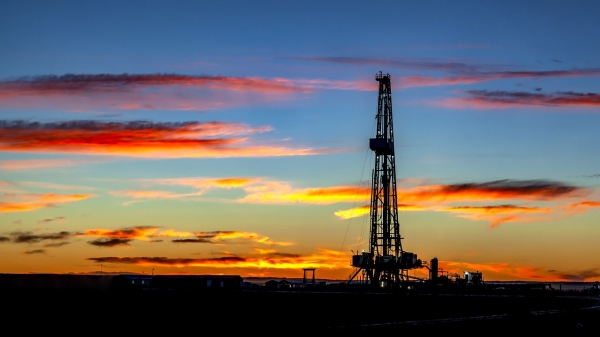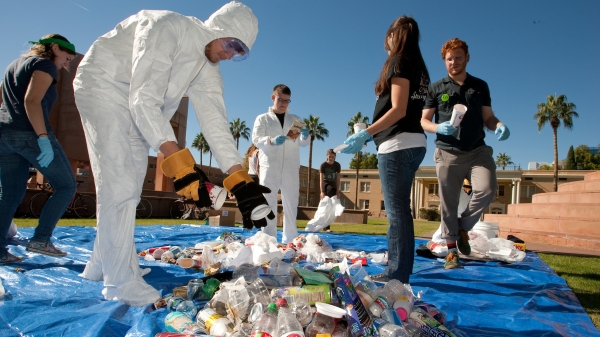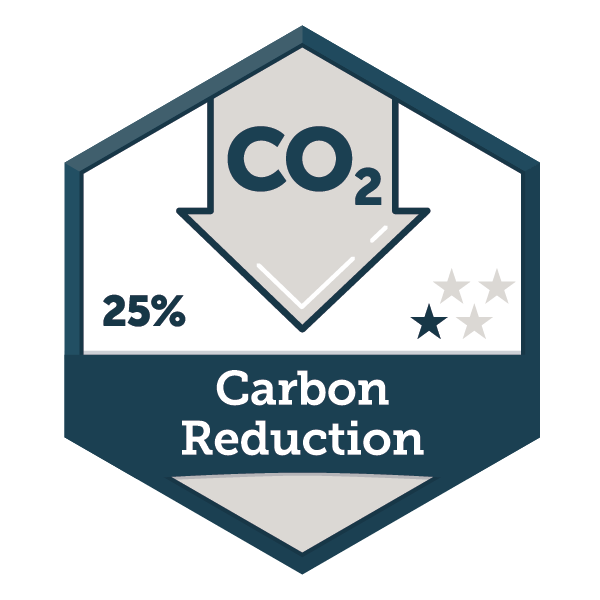ASU recognized for carbon emission reduction
Between 2007 and 2018, ASU cut its net carbon emissions by 28%

School of Sustainability and urban planning undergraduate student Danielle Vermeer rides her bike to work along with other students and staff on the Tempe campus on April 4, 2019. Photo by Deanna Dent/ASU Now
Second Nature, a nonprofit organization focused on accelerating climate action in higher education, has recognized Arizona State University for its sustainability efforts including substantially reducing its carbon emissions. Second Nature also gave ASU “Marks of Distinction” in several other categories for its climate actions.
Between 2007 and 2018, ASU cut its net carbon emissions by 28%. During the same period, the university reduced by 49% its net carbon emissions per 1,000 square feet of buildings and reduced by 45% its net carbon emissions per on-campus student.
The university achieved these reductions while increasing on-campus population by 30.5% and expanding campus buildings by more than 40%.
“The reduction in carbon emissions was accomplished through energy efficiency, renewable energy and transportation changes,” said Mick Dalrymple, director of ASU University Sustainability Practices. “Our progress has been made possible through collaborative action across the university and beyond. Teams have designed and constructed new buildings to be highly energy efficient, as well as extensively retrofitted existing buildings. Students have led the charge on cutting commuting emissions by taking up biking, walking and lightrail, and moving onto campus in new residence halls or nearby.“
ASU has a goal of achieving carbon neutrality by 2025 when it comes to campus buildings and the ASU vehicle fleet, Dalrymple said.
“By 2035, we’re aiming for carbon neutral commuting and air travel. We are continuously exploring opportunities for new types of clean energy, more efficient technology, new modes of working, more efficient use of space and the planting of more trees in concert with Phoenix and Tempe.”
In addition to being recognized for reducing net carbon emissions, ASU received additional Marks of Distinction from Second Nature for action in these categories:
• Climate Leadership Award.
• Aggregated Renewable Energy Purchaser.
• Cross Sector Forums.
• Billion Dollar Green Challenge.
• Honor Society.
• We Are Still In.
Marks of Distinction is an initiative of the Climate Leadership Network, which is comprised of U.S. colleges and universities that are taking action on climate change and preparing students to do the same through research and education. Many of those colleges and universities sign formal commitments to climate leadership. These commitments are a signature program of Second Nature and can include a Carbon Commitment (focused on reducing greenhouse gas emissions), a Resilience Commitment (focused on climate adaptation and building community capacity) or a Climate Commitment that integrates both. ASU is a founding signatory of the original Carbon Commitment and the expanded Climate Commitment.
Signatory institutions report and publicly share their climate action plans, greenhouse gas inventories and other information. The network recognizes signatory schools that set high-performance goals, demonstrate and report measurable progress towards those goals, and support the network’s activities.
“Climate change is the most critical issue of our time and ASU will continue to serve as an example of aggressive climate progress, while developing research solutions and training the next generation of leaders to be resilient and solve this incredible global challenge,” Dalrymple said. “To be a Sun Devil is to be sustainable."
More Environment and sustainability

Celebrating Earth Day around the world
Originating in the United States in 1970, Earth Day is now celebrated worldwide. But even before it became an official day, many…

A run on fossil fuels: ASU professor says climate legislation could have unintended consequences
As concerns about climate change grow, policymakers are increasingly voicing support for stricter fossil fuel legislation. Their…

Confusion complicates US recycling efforts
In most major cities and buildings, recycling bins can often be found alongside trash bins in an effort to encourage recycling.…
